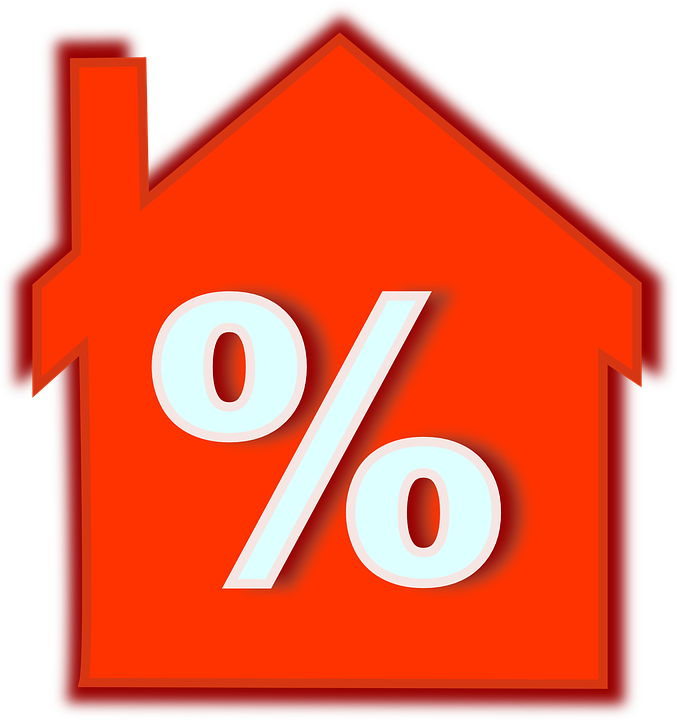The national average price of property coming to market has hit an all-time high, rising by 0.3% (£1,091) this month, to £338,462, according to data collected by Rightmove.
This new record high is only £15 higher than the previous record set in July, which Rightmove said is a sign that prices are now stabilising.
Buyer demand has remained strong, but this is counterbalanced by increasingly stretched buyer affordability, disappearing stamp duty incentives and the summer holiday mini-lull, alongside sluggish price growth in London.
While five areas of Great Britain (South West, Wales, East Midlands, East of England and South East) have annual price growth in excess of 8%, Greater London has seen better supply of homes for sale than the rest of the country, contributing to a rise of just 0.8%.
Contact us today to speak with a specialist Commercial Finance Broker to discuss how we can assist you
In the first two weeks of September, the number of new listings is up by 14% compared to the last two weeks of August.
In turn, more choice of properties encourages more current owners to come to market if they are looking for an onward purchase, and this greater liquidity is another factor in easing further upwards price pressure.
Tim Bannister, director of property data at Rightmove, said: “While the holiday-starved took their break over summer, the high ratio of buyer demand to properties for sale means that the property market remains stock starved despite the summer lull lessening overall activity.
“Competition among potential buyers to secure their next home is now more than double what it was this time in 2019. To be in pole-position in the race for the best property you need to have greater buying power than the rest of the field.
“That traditionally would mean deeper pockets to outbid other buyers, but in the most competitive market ever, today’s ‘power buyers’ also need to have already found a buyer for their own property, or to have no need to sell at all.
“Agents report that buyers who have yet to sell are being out-muscled by buyers who have already sold subject to contract. Proof that you are mortgage-ready or can splash the cash without needing a mortgage will also help you to get the pick of the housing crop.”
Read about the UK Housing Market via our Specialist Residential & Buy to Let Division
“This 14% increase in the number of new sellers coming to market in the first half of September is only an early snapshot, but autumn is traditionally a busy period, as those owners who have hesitated thus far during the year see the few months before Christmas as an opportunity to belatedly get their moving plans underway.
“The frenetic pace of this year’s market may also have put some potential movers off, but there are signs of a return of some normality.
“It’s still a strong sellers’ market in most of the country, so those looking to purchase need to do all in their power to maximise their appeal to sellers, who will often have several offers, and will usually choose the one that gives them the best chance of a quick sale.
“Agents are reporting that the most successful buyers are using tactics such as ‘sell before you buy’ to increase their buying power in this competitive market.
“Estate agents know the best methods for movers to secure their ideal properties, so it’s well worth discussing your options with them.”
Cory Askew added: “Since the easing of lockdown restrictions, London has been reclaiming its position as a lifestyle destination that appeals to a wide range of buyer demographics.
“The market has been witnessing a continuous influx of buyers this month who are eager to find their new home without any further delay.
“This is most evident in prime central London where buyer demand has really roared back to life, having lagged behind other parts of London this year.
“With an array of attractive mortgage offerings available, we expect London’s property market to remain buoyant for the remainder of the year. In particular demand are properties with outdoor space or a room that can be utilised as a home office.”
Director of Benham and Reeves, Marc von Grundherr, said: “We’re heading into an extremely busy period where the property market is concerned and so the expiry of the stamp duty holiday and its impact on the market is going to be far less pronounced than first feared.
“With the stamp duty holiday causing manic market conditions and long delays to transaction times, many homesellers and buyers chose to retreat until the rush had subsided, having long given up hope of a stamp duty saving.
“However, we will now start to see them emerge from their boltholes and this additional stock will help rejuvenate the market throughout the remainder of the year.
“The London market, in particular, is poised for a strong finish with an abundance of stock now available and a sharp uplift in domestic and foreign demand being driven by pandemic restriction lifting both where the workplace and travel are concerned.”
Colby Short, founder and CEO of GetAgent.co.uk, said: “It’s fair to say that the process of selling first to improve your buying position has long been a tactic utilised by UK homebuyers and so we’re not seeing the ‘rise of the power buyer’ as such.
“That said, a high level of competition for a limited level of stock has highlighted the importance of a strong buying position when it comes to securing your ideal home.
“Unfortunately for the nation’s first-time buyers, those with an existing property to fund their onward purchase are in a far stronger position when it comes to placing an offer and this has pushed up the cost of buying quite considerably.
“As a result, those looking to buy their first home are now paying 12% more compared to just 12 months ago.
“However, the cost of borrowing remains very favourable and given current market delays, some sellers will place the stronger position of a first-time buyer above that of a few thousand pounds extra.”
By Jake Carter
Source: Mortgage Introducer
Discover our Commercial Mortgage Broker services.




